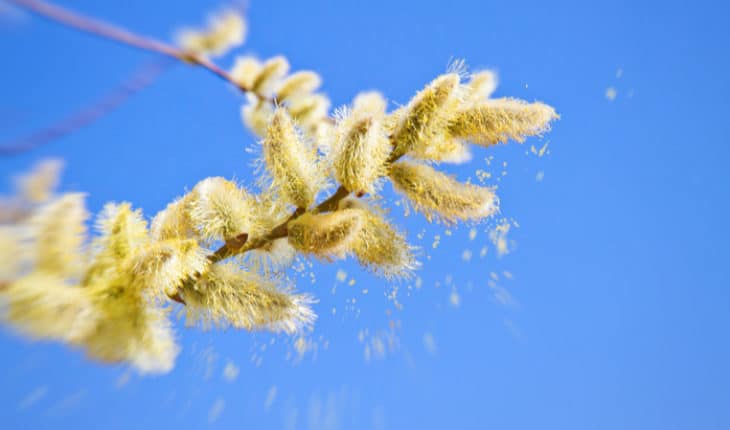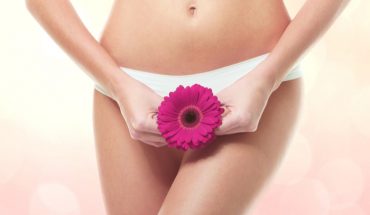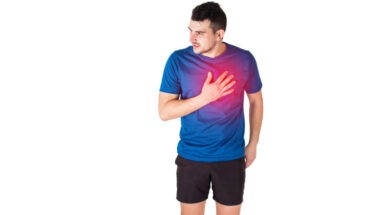“Avoiding the allergen is always key with any allergy, whatever it might be,” says airborne allergens expert Max Wiseberg. “If you’re allergic to dairy, you avoid dairy products. And it’s the same with pollen if you get hay fever. Only it’s a little more difficult with pollen as it’s in the air we breathe. However, there are a number of practical ways you can reduce the amount of pollen getting in your body.”
“Everyone can tolerate a certain amount of pollen without reaction,” explains Max, “but once this is exceeded – known as your ‘trigger level’ – an allergic reaction occurs. So reducing the amount of pollen getting in your body will prevent or lessen your allergic reaction.”
“So it’s important to reduce the amount of pollen in and around your home, and there are a number of simple measures you can take. Outdoors is a little more difficult, but you can reduce the amount of pollen getting into your eyes and nose.”
“Prevention is better than cure. Use an organic, drug-free allergen barrier balm such as HayMax, both at home and when you’re outdoors. Apply to the nostrils and around the bones of the eyes in the morning, throughout the day and at night. Independent university studies show that HayMax traps over a third of pollen before it enters the body. Less allergen, less reaction.”
“Tie your hair up and wear a hat, cap or other head cover when outside to prevent pollen particles being caught in your hair.”
“Wear wraparound sunglasses when outdoors to prevent pollen particles coming in contact with your eyes.”
“Avoid going out if possible when pollen counts are at their highest – in the early morning and early evening.”
“Wash your face (or your child’s face) as soon as you get home on high pollen count days. This will wash away allergens so that they can’t cause a reaction, and a cool compress will soothe sore eyes.”
“Vacuum your home regularly, especially beds and fabrics to remove pollen. And damp dust surfaces – damp dusting removes pollen particles without dispersing them back into the air.”
“Dry your clothes indoors rather than on an outdoor clothes line or dryer to prevent pollen particles being blown on to your clothes by the outside wind.”
“If you own a pet then ensure that it is well groomed and shampooed as often as possible to remove pollen particles from its fur. It may be best to get someone to do this for you.”
“Shower at night before sleeping to remove pollen particles from your hair and body. Hay fever can lead to tiredness, fatigue, exhaustion and can also affect how you sleep and cause sleep disturbance and difficulty getting to sleep. These symptoms can in turn zap your energy levels leaving you feeling low and sluggish. So a good night’s sleep is important.”
- Shake-up of services needed to ease fibromyalgia pain - 9th December 2025
- Continuous glucose monitoring reduces risk of excessive birth weight - 9th December 2025
- Significant mental health benefits of adult-worn slings - 9th December 2025







